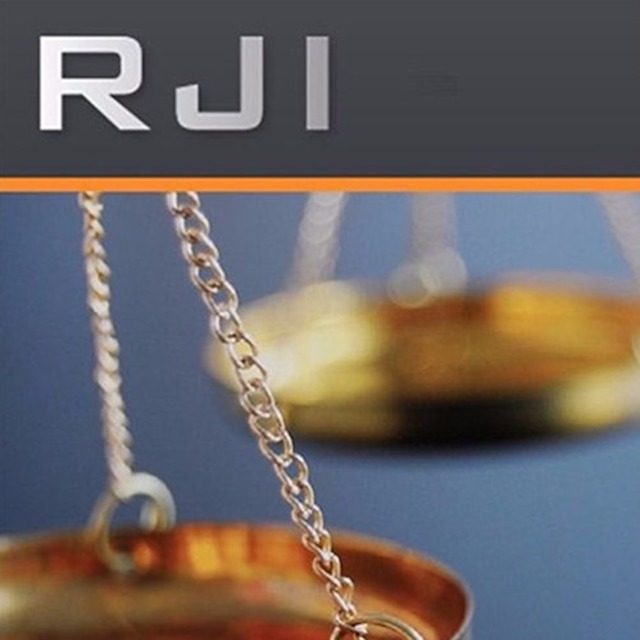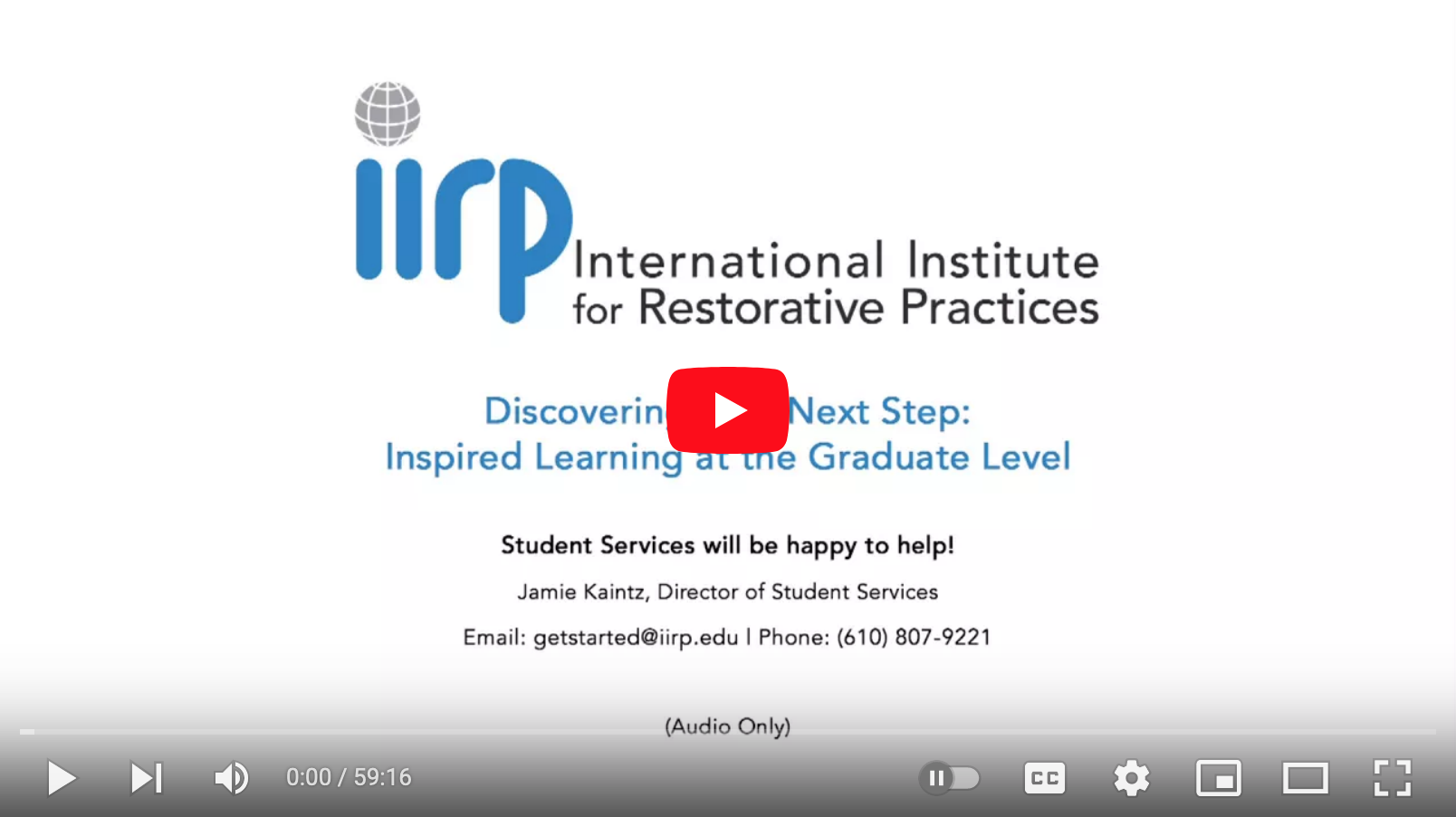News & Announcements
- Details
- Written by John W. Bailie, Ph.D.

Working with troubled youth and coaching leaders is pretty similar.
I’ve done both, and I find it much easier to work with a drug-addicted or gang-involved teenager than with a CEO. Teenagers tend to be pretty blunt and upfront with their opinions, emotions and motivations. Even with the “toughest” kids, once you learn how to get through the thick outer shell, you usually find a whole lot of raw emotion and realness. On the other hand, adults (especially professionals and leaders) typically have much more complicated methods to hide, mask or otherwise obscure what’s really going on inside. It’s checkers vs. chess. Sometimes it’s checkers vs. 3-D underwater chess.
- Details
- Written by IIRP Staff
Teachers and administrators at Pinellas County Public Schools in Florida share what they appreciate about restorative practices talking circles.
- Details
- Written by Laura Mirsky
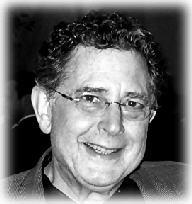 The IIRP would like to pay tribute to Donald L. Nathanson, M.D., who passed away December 27, 2017. Dr. Nathanson's work on Affect Theory, and shame, in particular, was an important influence on the development of restorative practices.
The IIRP would like to pay tribute to Donald L. Nathanson, M.D., who passed away December 27, 2017. Dr. Nathanson's work on Affect Theory, and shame, in particular, was an important influence on the development of restorative practices.
The former Director of the Silvan S. Tomkins Institute and author of the book, Shame and Pride: Affect, Sex, and the Birth of the Self, Dr. Nathanson developed the Compass of Shame to illustrate the various ways that human beings react when they feel shame. He maintained that it is through the mutual exchange of expressed affect that we build community, creating the emotional bonds that tie us all together. He also stated that restorative practices such as conferences and circles provide a safe environment for people to express and exchange emotion. Dr. Nathanson presented some of these ideas in From Empathy to Community, at the IIRP World Conference: "Conferencing: A New Response to Wrongdoing," August 6-8, 1998, in Minneapolis, Minnesota, USA.
- Details
- Written by IIRP Staff
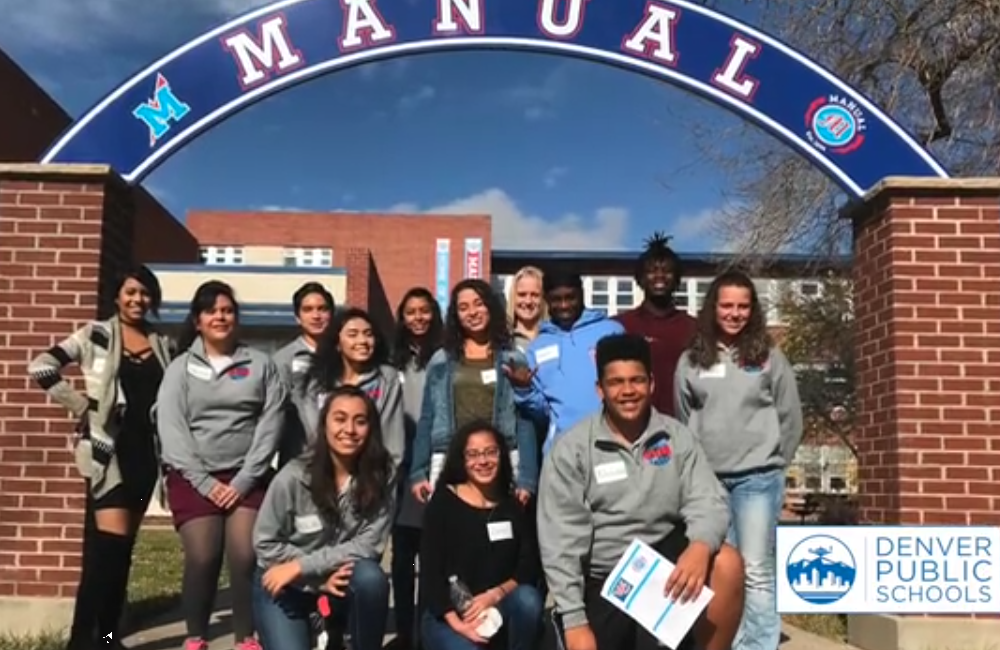 After racial tensions erupted during a high school football game, the conflict hardened and spread throughout the two competing schools. Both communities feared that the situation would escalate and grow violent. But the two groups participated together in restorative circles and dispelled the issue, breaking barriers in ways no one expected.
After racial tensions erupted during a high school football game, the conflict hardened and spread throughout the two competing schools. Both communities feared that the situation would escalate and grow violent. But the two groups participated together in restorative circles and dispelled the issue, breaking barriers in ways no one expected.
- Details
- Written by Joshua Wachtel
Lisa Rea, president of Restorative Justice International, recently interviewed IIRP President John W. Bailie, Ph.D., and Michigan Regional Representative Rev. Henry L. McClendon, Jr. The half hour discussion revolves around the IIRP's "Toward a Restorative City" project in Detroit, which serves as a window into understanding the IIRP's history and mission, its work in the areas of justice and schools and the relationship between restorative justice and restorative practices.
- Details
- Written by Kristen Webber
Kevin Jones was ready to retire from a distinguished career working with youth when he discovered restorative practices and the IIRP. Re-energized to continue working, he dove into graduate education without knowing where it would take him. In this discussion with IIRP Provost Craig Adamson, Ph.D. and Director of Student Services Jamie Kaintz, Kevin will share his journey of how the graduate school helped him engage in a brand new facet of a long and varied career. Attendees will be invited to participate in a question and answer session following the discussion.
- Details
- Written by IIRP Staff
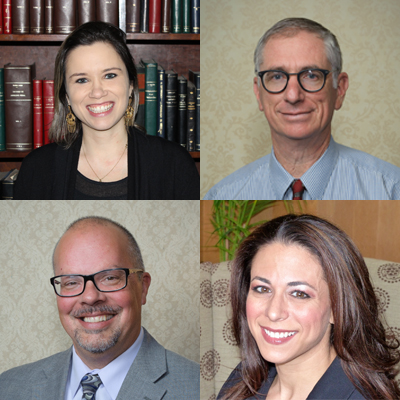 In the past year, the IIRP Graduate School has welcomed four new faculty members, enhancing our geographic diversity and expertise in the areas of research and education. Meet (clockwise) Fernanda Fonseca-Rosenblatt, Ph.D., A. Migue Tello, Gina Baral Abrams, Dr.P.H., and Michael DeAntonio, Ph.D.
In the past year, the IIRP Graduate School has welcomed four new faculty members, enhancing our geographic diversity and expertise in the areas of research and education. Meet (clockwise) Fernanda Fonseca-Rosenblatt, Ph.D., A. Migue Tello, Gina Baral Abrams, Dr.P.H., and Michael DeAntonio, Ph.D.
- Details
- Written by John W. Bailie, Ph.D.

In Joseph Campbell’s seminal work, The Hero with a Thousand Faces, he discusses how life’s tragedies remind us of that which is fragile and life’s comedies remind us of that which is invincible within us and around us. It is only by grasping the reality of both aspects of our personal story that we come to know ourselves and to fully understand others. Even in restorative conferences held in the wake of serious offenses such as murder, victims who choose to participate commonly report that they came to see the offender as an imperfect and broken human being, instead of an all-powerful monster. More than any other method, humans use storytelling and voice to make sense of emotionally powerful experiences. A dignified life is one in which we feel that our story is heard, understood and matters to those around us.
- Details
- Written by Joshua Wachtel and Laura Mirsky
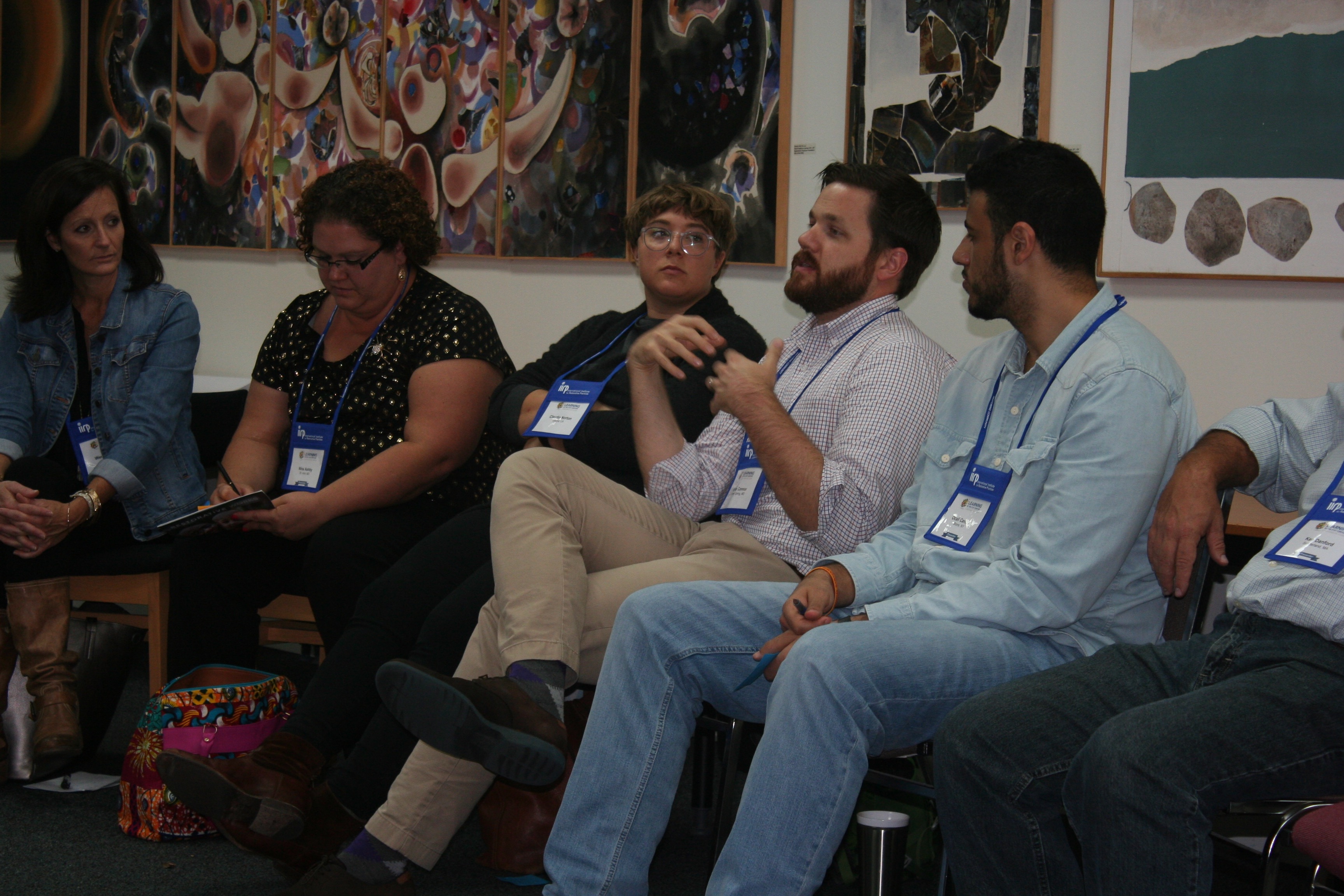 View the full list of breakout sessions and downloadable presenter files.
View the full list of breakout sessions and downloadable presenter files.
The 2017 IIRP World Conference, Learning in the 21st Century: A Restorative Vision, was held October 23-25 in Bethlehem, Pennsylvania, at the Hotel Bethlehem and IIRP Campus. The conference created a vibrant community of learning and mutual support for more than 370 participants from 34 U.S. states, three Canadian provinces and 11 other countries: Australia, Canada, Costa Rica, Hungary, India, the Netherlands, New Zealand, Peru, Singapore, Trinidad & Tobago, and the United Kingdom.
IIRP President John W. Bailie, Ph.D., welcomed all participants Monday morning at the Central Moravian Church with introductory remarks. "The 21st century presents new needs and challenges, and educational institutions must rapidly adapt. What’s needed is a fundamental re-visioning of what it means to learn and what it means to teach," he offered. "Our goal is to bring new voices into the field of restorative practices that can challenge all of us to develop, grow and think expansively about the future of learning."
- Details
- Written by IIRP Staff
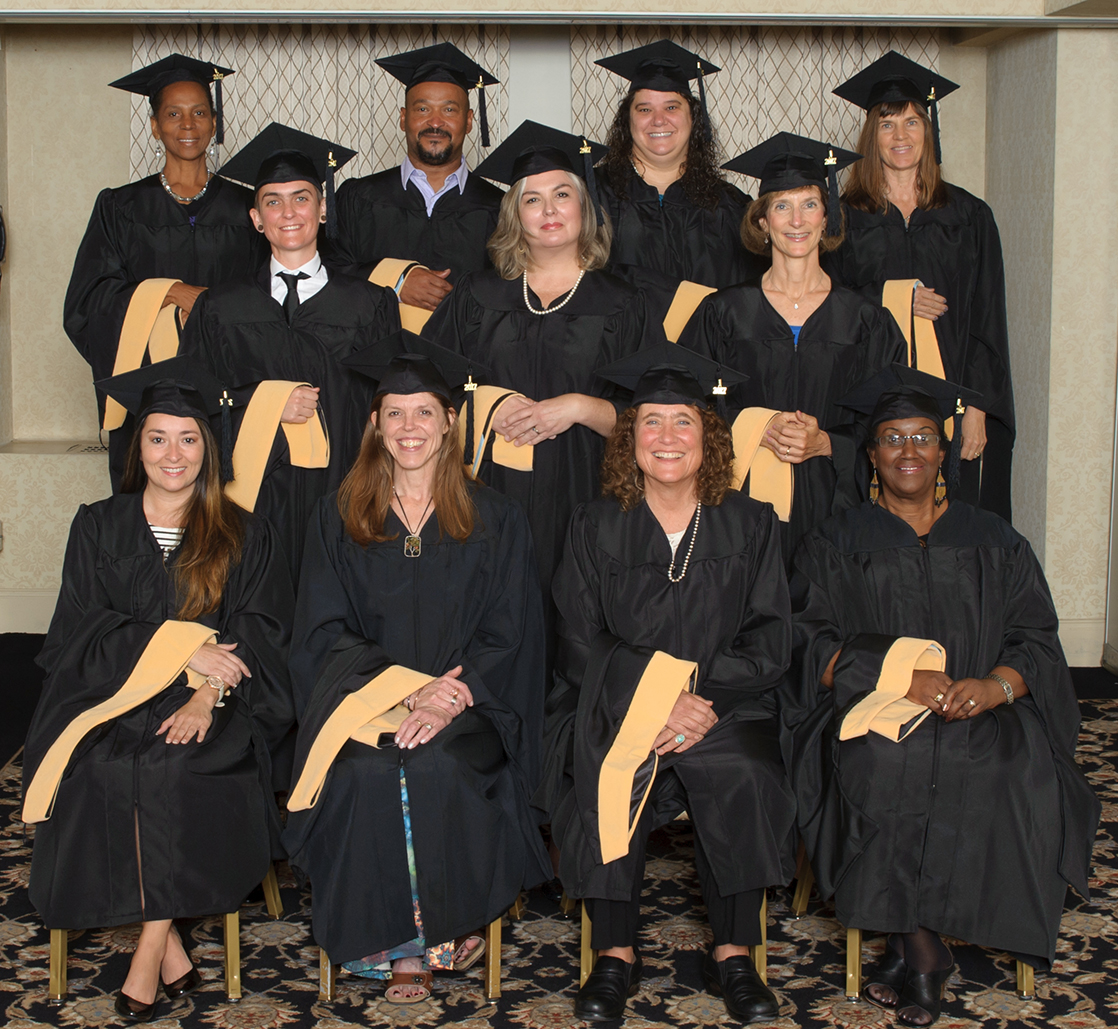 “The graduates you see before you are the leading edge of a new and vibrant field within the social sciences,” affirmed John Bailie, Ph.D., President, at the 2017 Graduate School Commencement. “Every day they are doing the difficult, inspiring, transformative work of improving civil society. And I have no doubt that each of them will continue to work tirelessly to improve their community. Going forward from today, they will be the professionals, leaders and role models the world so desperately needs.” Craig Adamson, Ph.D., Provost, addressed the graduates: “We take huge pride in your successes. To be able to count on your expertise as relevant, practical and innovative agents of change — that’s something no institution should take lightly.”
“The graduates you see before you are the leading edge of a new and vibrant field within the social sciences,” affirmed John Bailie, Ph.D., President, at the 2017 Graduate School Commencement. “Every day they are doing the difficult, inspiring, transformative work of improving civil society. And I have no doubt that each of them will continue to work tirelessly to improve their community. Going forward from today, they will be the professionals, leaders and role models the world so desperately needs.” Craig Adamson, Ph.D., Provost, addressed the graduates: “We take huge pride in your successes. To be able to count on your expertise as relevant, practical and innovative agents of change — that’s something no institution should take lightly.”
The Class of 2017 Master of Science graduates participated in the program from more varied and distant locations than ever before. The 16 graduates reside in seven US states from California to Connecticut, plus Trinidad and Tobago and British Columbia, Canada. They are attorneys, teachers, music therapists, violence prevention educators and more. All were driven to commit time and hard work to gain valuable competencies and interpersonal and intrapersonal skills relevant to their professions.
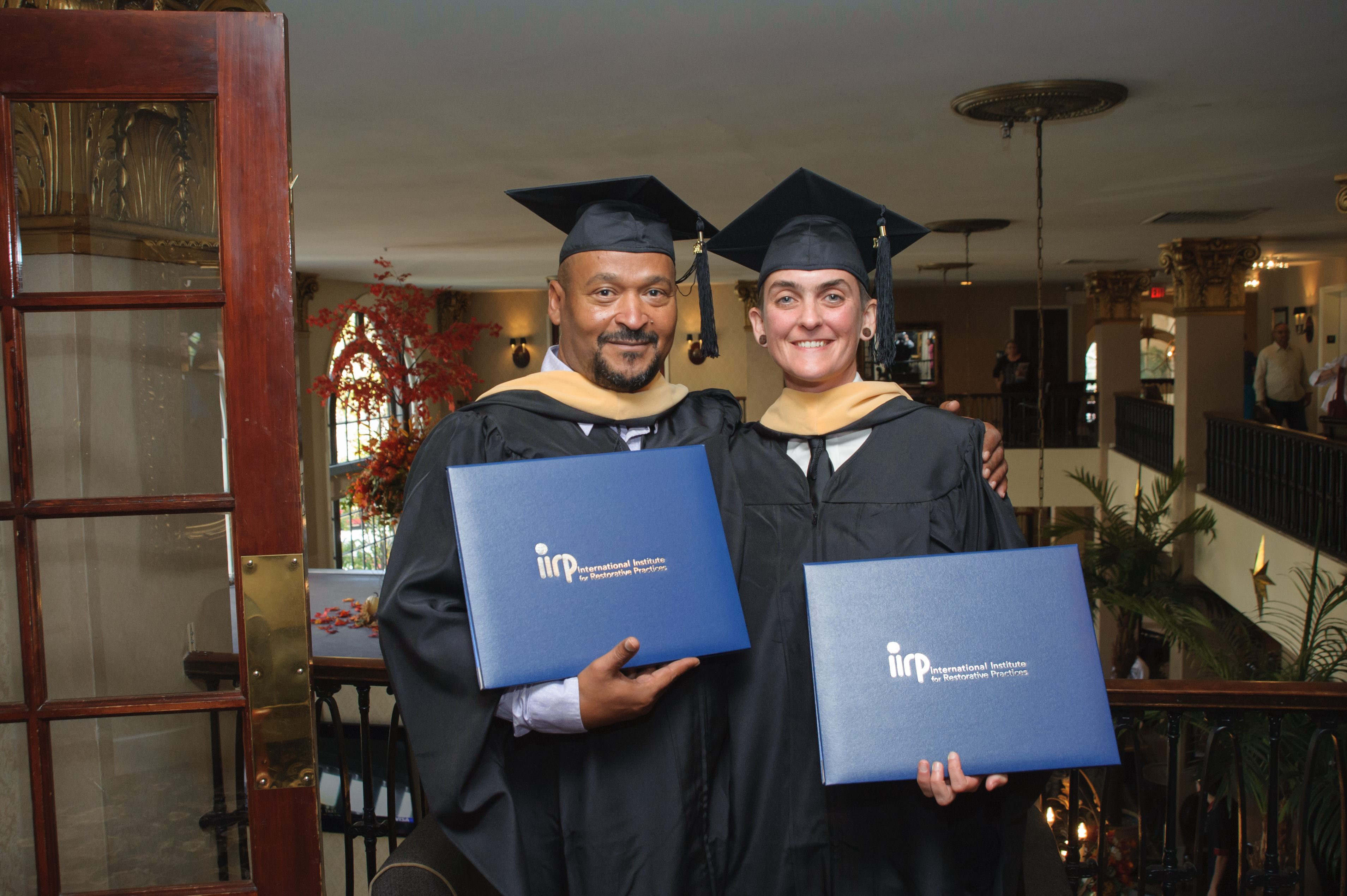 On behalf of their classmates, Commencement speakers Kevin Jones of Illinois and Kristin Wraight of Connecticut shared their journeys and their passion. “I am able to bring about whole community change because of the IIRP,” declared Kevin. Kristin urged us to “get to know our neighbors again, especially the ones who don’t look like us.” Because, she asserted, “Community is the antidote to hate and fear. When we lose our way and feel powerless to do anything, all we need remember is to reach out and connect with one another. This is the work that will heal the world."
On behalf of their classmates, Commencement speakers Kevin Jones of Illinois and Kristin Wraight of Connecticut shared their journeys and their passion. “I am able to bring about whole community change because of the IIRP,” declared Kevin. Kristin urged us to “get to know our neighbors again, especially the ones who don’t look like us.” Because, she asserted, “Community is the antidote to hate and fear. When we lose our way and feel powerless to do anything, all we need remember is to reach out and connect with one another. This is the work that will heal the world."

Restorative Works Year in Review 2024 (PDF)
All our donors are acknowledged annually in Restorative Works.


